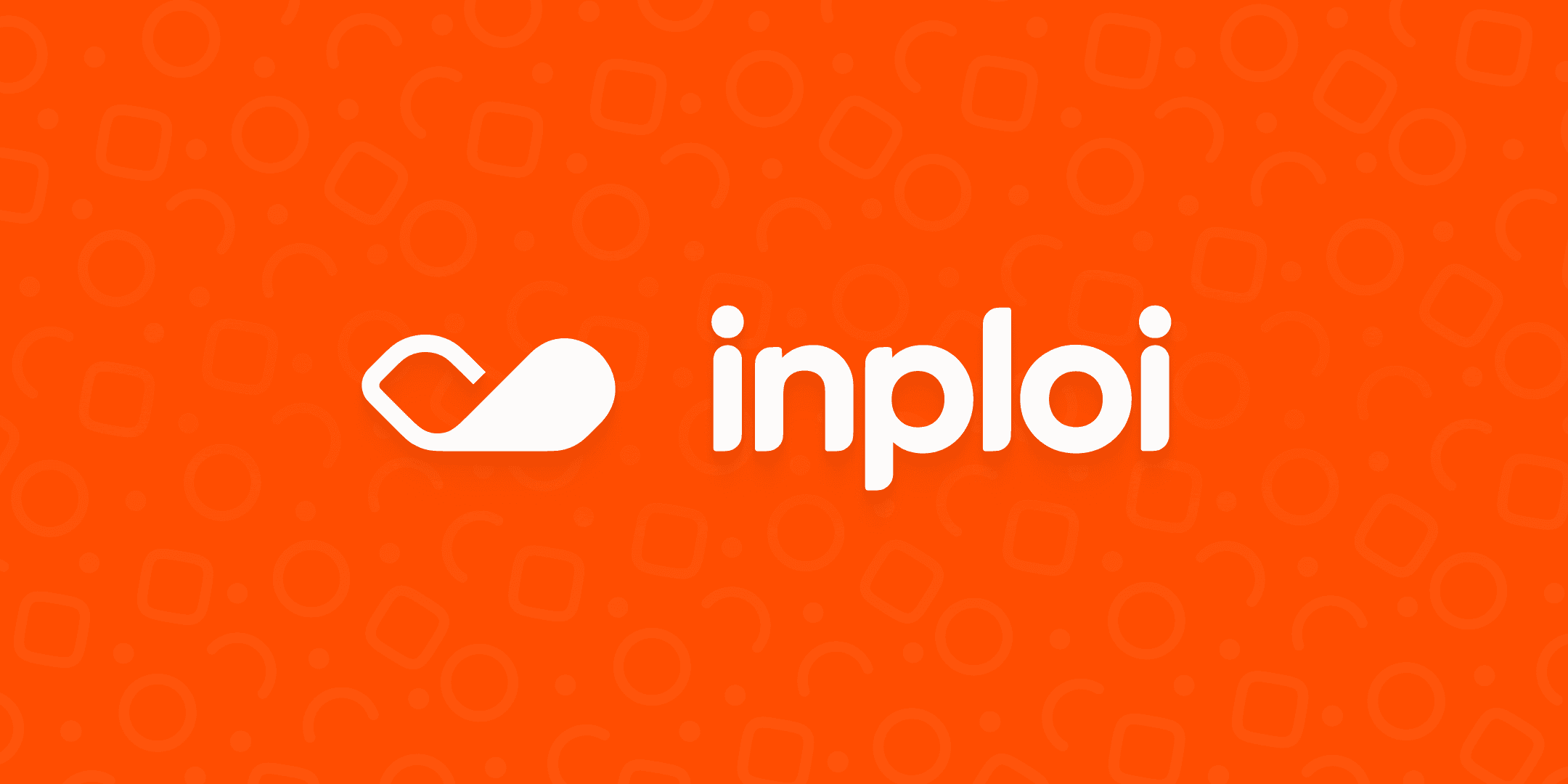Just when you thought uncertainty had reached the upper echelons of its existence, it outdid itself again. The avalanche of he who must not be named’s tariffs has smashed through how companies across the world operate.
Markets plunged, companies are holding their breath, not knowing if they’ll be able to continue buying products from their suppliers, and European VC investment could plummet.
Understanding how this will return to a semblance of stability remains as obscure as a needle in a haystack.
“I’m just trying to understand what the hell is happening,” perplexed Democrat Senator Elissa Slotkin remarked in response to the events.
When writing this, just as I was going to propose a series of questions analysing how the tariffs might affect businesses and trade, the news switched again, with a U-turn in the form of a 90-day tariffs pause initiated for all countries except China.
The following point was going to be: “But is it even worth predicting these impacts?” On this basis, evidently not.
An unrelenting news agenda
Some fundamental questions do persist. Will trade shift away from the US to mitigate existing and future tariffs? Does this create more opportunity or fiercer competition in other markets as companies attempt to target new regions? Is it all just a ploy that will fall flat on its face?
But ultimately, grasping any sense of how these changes will impact business, or what moves lurk around the US corner, feels like holding a crystal ball that’s been misted up and then lathered in soap, just to up the stakes. Not even AI, a tool that has been lauded as a great analyst and predictor, can foresee its way through this chaos.
The UK had been steadily implementing its fiscal plans to adhere to its fiscal headroom, only for the OBR to say that the tariffs would “almost entirely eliminate” said fiscal headroom. The news agenda is switching every hour with another dramatic turn and headline story. It’s the epitome of unplannable.
But there’s also a predictability to it all. Uncertainty is the new norm, and managing uncertainty depends on effective communication channels and consistent brand messaging. There’s no doubt things can get overblown too: a level head can sift through the hyperbole.
The flip side is that this activity presents countless openings to latch on to, or counteract, news stories and get your message across. The clients who are most relevant will gain the media opportunities. Those that carry on with PR programmes as usual, without a view on the news, less so.
PR is a plan for the unplannable
PR can be an instinctive profession. Proactivity and reactivity are both fundamental to the practice (and proactivity can be driven by a reaction to an event to proactively manage future events).
You can proactively get on top of potential concerns and set the agenda; you can shrewdly react to any sudden shifts in the news agenda and offer your opinions on the situation – both quality ways to demonstrate credibility. And there is also a place for that reaction to not engage, keep things ticking over and steer clear of the mess!
Staying true to your brand and what you stand for is a modus operandi to stick to. If that messaging is sound and consistent, you have the basis to adapt to abrupt changes while maintaining ongoing awareness and generating business opportunities. These are things you can plan for.
Measured and engaging public relations will underscore any move into new regions, as it will for settling stakeholder nerves, showing that it’s business as usual, or being honest about the situation. That includes standing up to what you believe in in the face of adversity.
When events are unplannable, you have to focus on your own processes, what you can control and how you can help in the fall out of change. The skill lies in reviewing and updating planned content to reflect the media agenda – you can’t attach yourself to a corporate strategy that’s woefully out of date.
In the acting world, they say that acting is reacting – and not overreacting. In moments like these for PR, that is exactly the performance you should aim for: calm, considered and planned.
Related Articles

PR agency or ‘Growth Partner’? How B2B agencies have to adapt to market demand
Article by:Ilona Hitel

Human brain power doesn’t cost the environment, ChatGPT’s does – so should we be moderating our AI use?
Article by:Alex Maxwell

